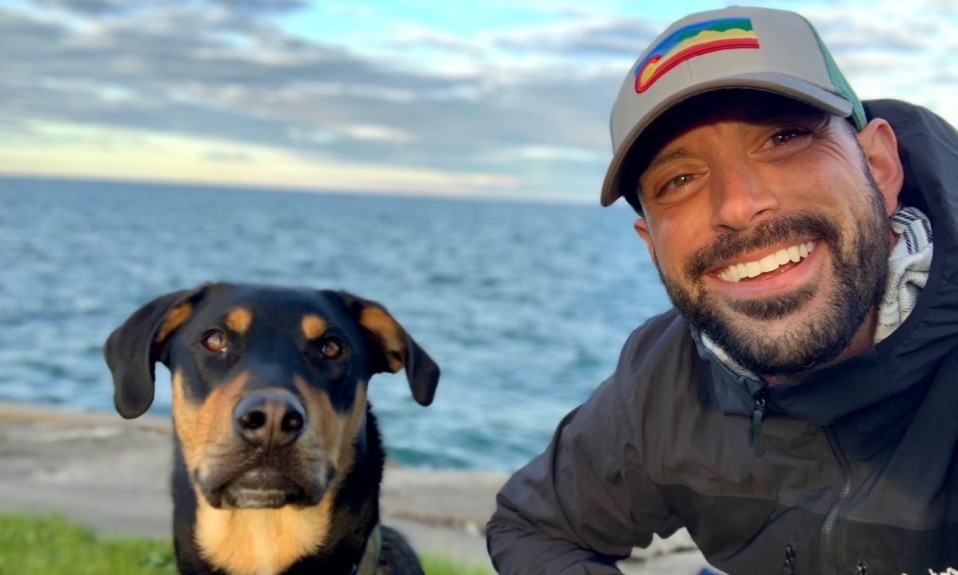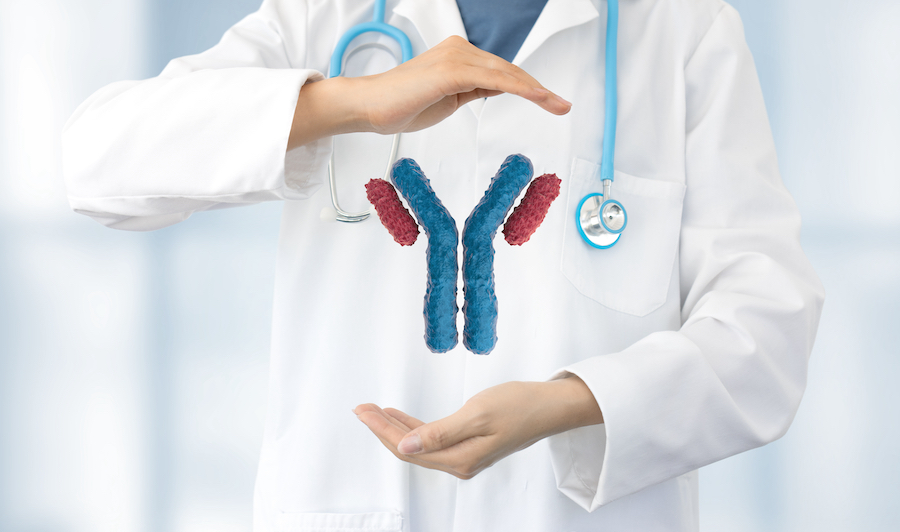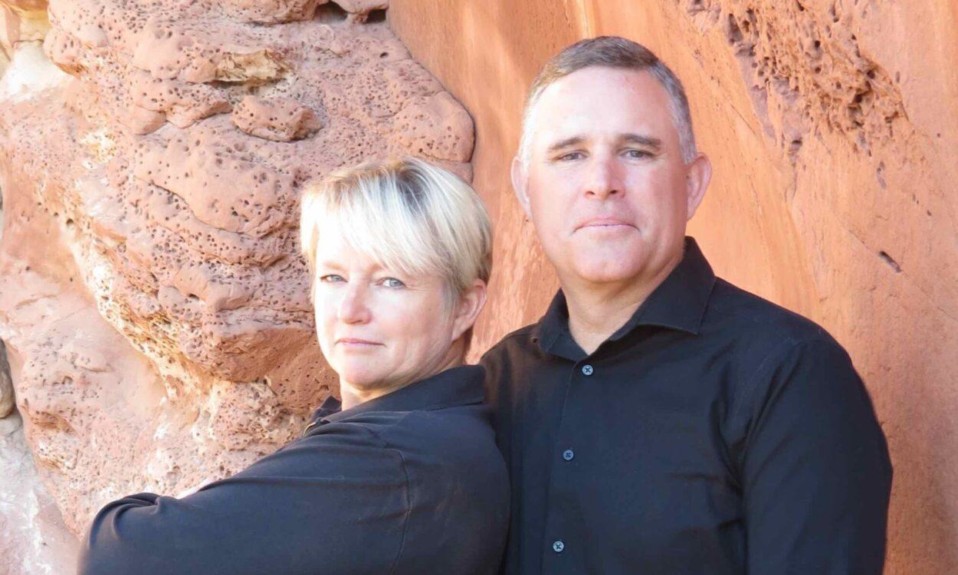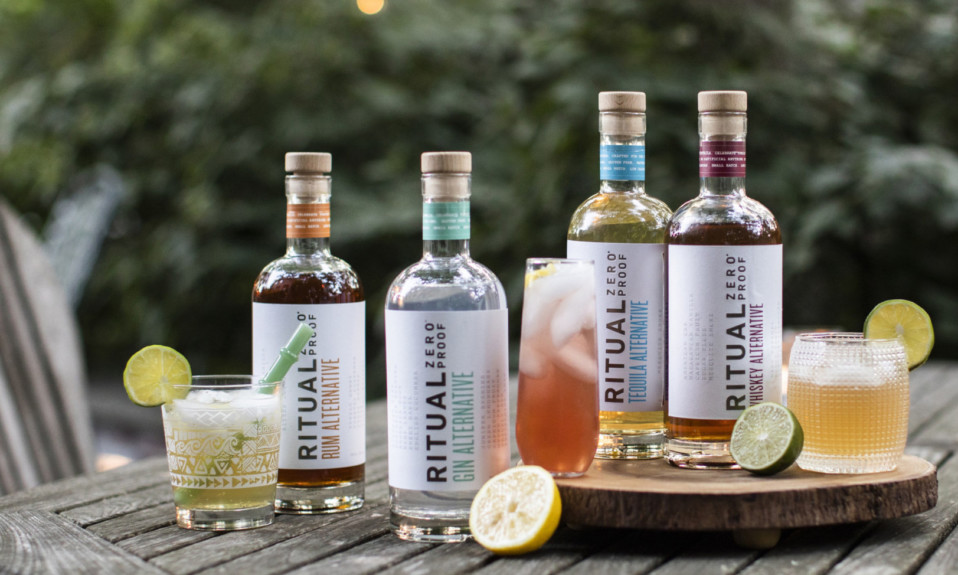Life was bleak for Joe D., but he kept at it and is finding a way to turn things around
Editor’s note: This is the first installment of “The Turning Point,” a column focused on the moment or moments our subjects realized they needed to seek addiction treatment.
By Veronica L. Holyfield
Growing up, Joe D. always grappled with feelings of inadequacy and otherness. He was the only boy in a Lebanese family, and he was gay. Like many LGBTQ folks, Joe was drawn to the gay bars and nightlife, and with that came light drug use and promiscuity. In late 2015, he was diagnosed with HIV, which compounded his feelings of shame due to the stigma of both being queer and being HIV positive. His self-worth plummeted, and it was just a matter of time before his drug use went from recreational to full-blown addiction.
“I can’t remember exactly the first time I did meth, but there are a few times I can remember how hard it hit me, and I was just consumed by it,” Joe says.
Trained in the culinary arts, Joe had multiple job opportunities over the years as a chef in high-end dining establishments, but he quickly lost all of those gigs because of his drug use. He relocated several times over the course of a year, and by the end of 2016 he found himself living back at his parents’ house in Detroit. After moving to Bozeman, Mont., for an executive chef position—and, hopefully, a fresh start—he quit using meth. Yet he still felt lingering discontentment.
He entered into a romantic relationship with an older man who was involved with a cartel and could provide him with an endless supply of meth. The two of them began to devise a way to start their own drug ring in the Bozeman area.”
“Even though I dropped the drug use, all the ‘isms’ were still there,” he says. “All the damage I had done emotionally and mentally to myself was still there. I didn’t have an understanding and grasp as to what addiction really was.”
He entered into a romantic relationship with an older man who was involved with a cartel and could provide him with an endless supply of meth. The two of them began to devise a way to start their own drug ring in the Bozeman area.
“While he and I were driving down the highway, we got into an argument,” Joe says. “My anxiety was so high because I was coming down. I was so tweaked out, I found myself walking along the highway in Montana, on the side of the road, flipping out.”
It was on that walk home when he fully realized the disconnect between the man he wanted to be and the man he had become.
“I hated the person I had become. The gap between my moral values and ethical code, and how I was behaving—I just couldn’t take any more of the self-loathing. I was like, ‘I just can’t do this. I can’t do this to other people, and I can’t do this to myself,’” he says.
The Turning Point
Joe called his sister and a friend and told them both that he was ready to get help. Unbeknownst to him, there was an email chain and a group message among his family members and friends, all trying to determine what they were going to do about him. When he said he was ready to go to treatment, the plan was set in motion to get him into an inpatient facility. He was inundated with support, love and encouragement from everyone he knew, and before he knew it, he was on a plane to Denver.
In that moment, all the lies my addiction made me believe about people not loving me, people not caring about me—the outpouring of love was so intense, so strong and so organic that I couldn’t help but love myself.”—Joe D.
“I was not ready to say I was going for myself, even though I couldn’t live like that anymore,” Joe says. “But in that moment, all the lies my addiction made me believe about people not loving me, people not caring about me—the outpouring of love was so intense, so strong and so organic that I couldn’t help but love myself.”
A Series of Setbacks
But sustained addiction recovery is rarely a one-stop proposition, as Joe learned. After a relapse in early 2020, Joe was able to capitalize on the COVID-19 pandemic as a tool for remaining in isolation and keeping everyone walled off from his drug use. He stockpiled both crystal meth and GHB (a powerful depressant), and his mental state went into a dramatic downward spiral. By July 2020, he was planning his suicide.
Everyone who gave me that feeling of hope and love for myself and stood behind me that first time—they were gone. I mean, my mom was planning my funeral.”—Joe D.
“I was stuck in the purgatory where I didn’t want to live but I didn’t want to die, and I felt helpless and hopeless,” he says. “I had lost everybody. Everyone who gave me that feeling of hope and love for myself and stood behind me that first time—they were gone. I mean, my mom was planning my funeral.”
Joe told his last remaining friend—someone who had tried many times to get him help—that he didn’t want him in his life and to leave him alone. His friend heeded his words.
“In that moment, I had never felt pain like that,” Joe says. “Not because he stopped texting, but because I knew that he loved me enough to do what I had asked. It broke my heart to know that I broke his.”
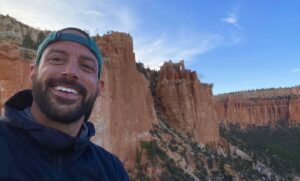
Playing for Keeps
The pain from inflicting such harm on everyone he cared about brought him back to that same place of desperation he experienced while living in Bozeman. After talking with his therapist, he was convinced to enter an inpatient treatment center for the second time.
My mom has her son back. My dad is turning 90, and he deserves a son who is happy and healthy.”—Joe D.
That experience made all the difference. Now, with more than 10 months of being sober, he fully accepts the love from those around him. He is welcomed back into the lives of all he harmed, he embraces the concept of a higher power, and he leans into the fellowship of his recovery program.
“My mom has her son back,” Joe says through tears. “My dad is turning 90, and he deserves a son who is happy and healthy. My mom can take the time and energy she was investing into worrying about me and spend that with her husband.”
Within sobriety, Joe has been able to rediscover the love and respect he has for others, and to turn it inward and find love and respect for himself. He is now confident he can face the shame he once felt, heal it, and be a source of positivity to those around him.
“I just realized this now: Everything is a turning point,” he says. “Every day is a turning point because I’m always learning something new about myself and about a lifestyle that I denied myself from having.
“I have conviction in my work, I have the confidence to start a business, and I’m giving myself grace and standing in my truth.”


